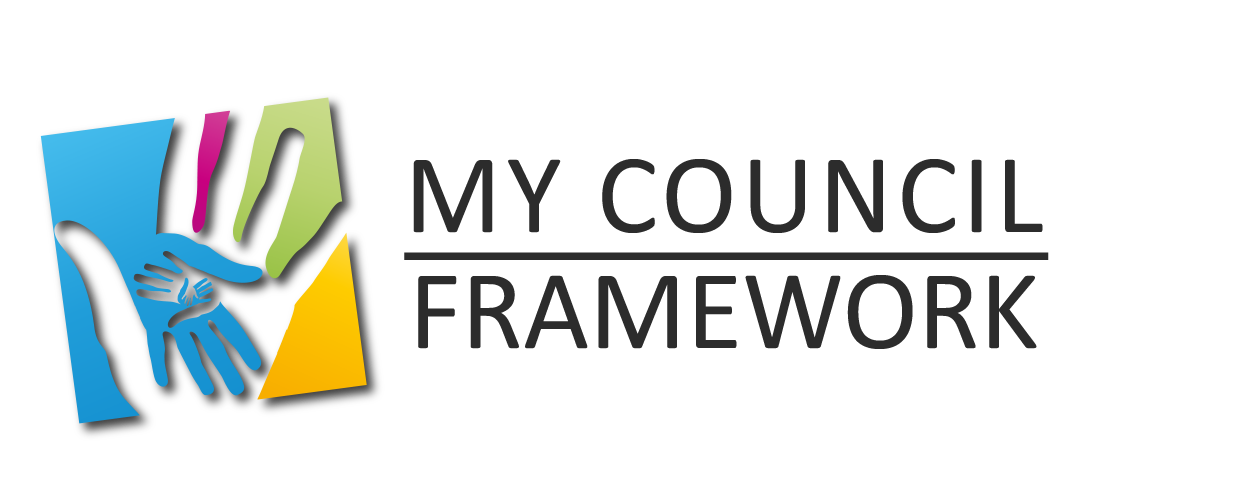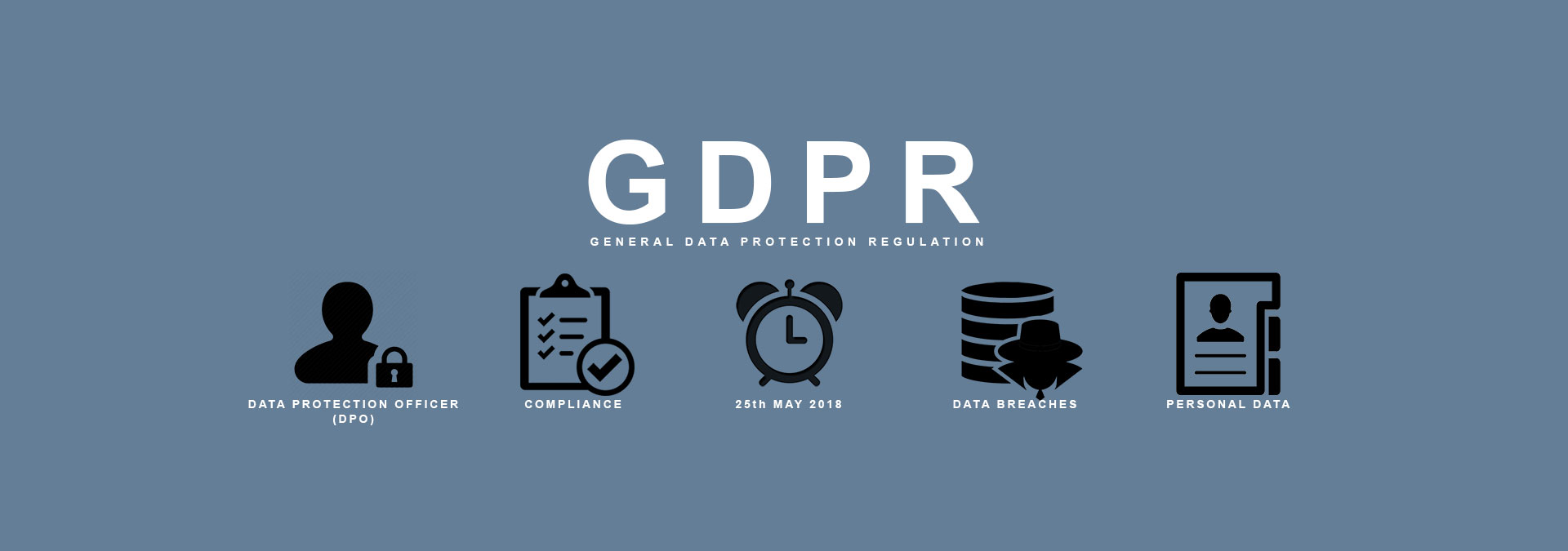A Compliance Guide on GDPR For Parish Council Websites.
GDPR compliance came into force on May 25th 2018.
Parish Councils like everyone else needs to be compliant. The information provided by the ICO is vague and has left many organisations and businesses unsure of how to achieve compliance.
By using the template provided, and following the guidance given when hosting with us, you’re assured of being compliant and so avoid all the uncertainty.
There are many publications that are specific to Parish Councils and GDPR compliance. NALC have issued a GDPR toolkit for their members that works through their responsibilities, including the appointment of a Data Protection Officer. See this article published about NALC by Chairman Sue Baxter who has written to the Secretary of State for clarification.
What is GDPR?
GDPR (General Data Protection Regulations) is a whole system of regulations, systems, rights and principles that aims to protect the personal data of every EU citizen. It came into effect on the 25th May. The GDPR legislation documents are huge and set out to give a person more rights over the data that an organisation holds on them, but in a nutshell the main points are as follows:
- A person can request to see all the details that you hold on them both in human and machine readable format – TEEC is your single point of contact to achieve this.
- A person can request that you delete all the personal data that is held by an organisation – TEEC handles this on behalf of Parish Councils with respect to the website.
- You need to state a valid reason for gathering and processing their data. The provided privacy policy example includes all the normal reasons a Parish council would do this.
- You need to ask for consent when you gather data. The example cookie policy and cookie banner take care of this for you.
- You need to provide people with a way of withdrawing that consent at any time. The example cookie policy and cookie banner take care of this for you.
- You need to take precautions to protect personal data that you have gathered. That’s why all our sites use SSL on your domain and all databases are 256 bit encrypted.

